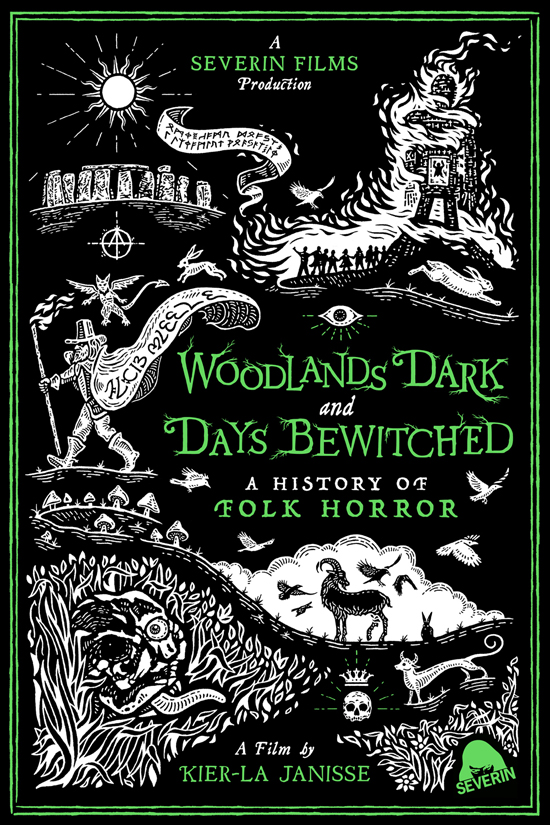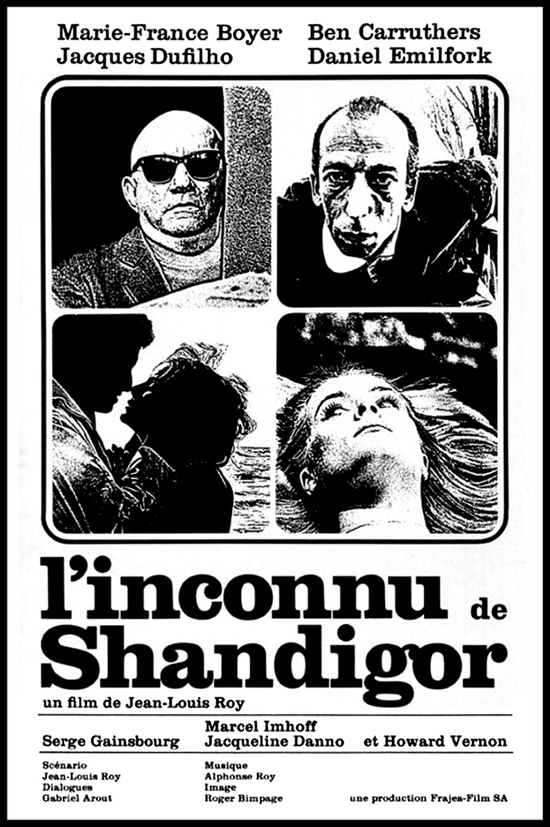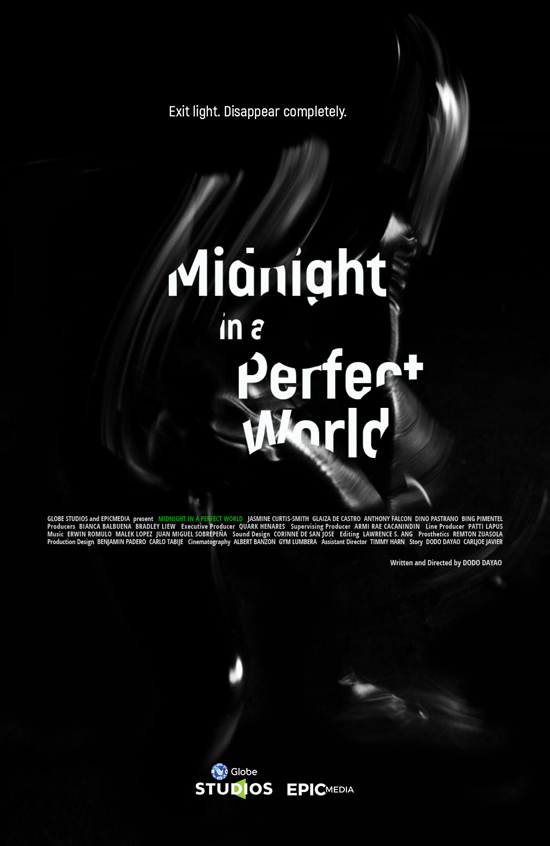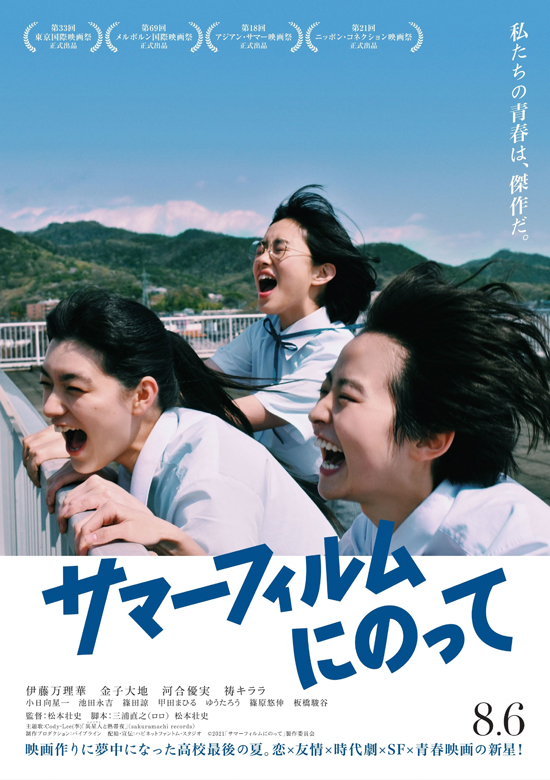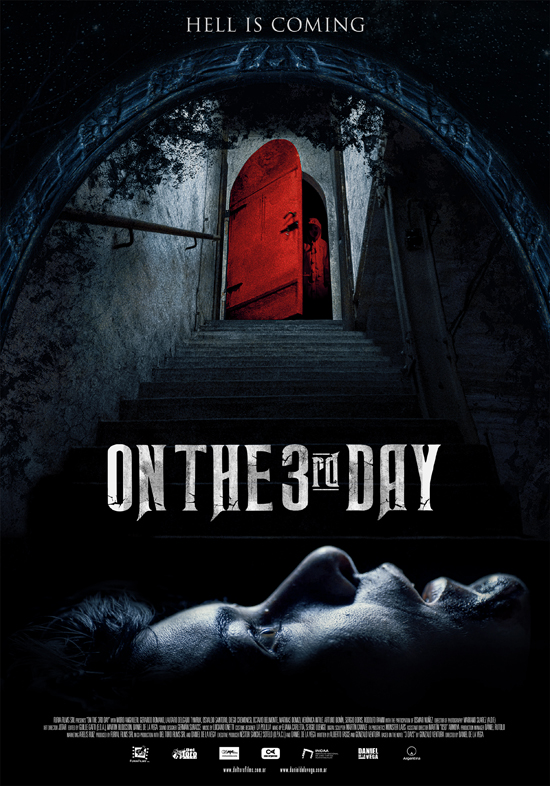Fantasia 2021, Part LXXII: Final Thoughts
 I saw more movies at Fantasia 2021 than at any previous iteration of the festival. By my count, I watched 96 short films from 25 countries and 69 features from 19 countries, with a total of 32 different countries represented in my viewing this year. The quality was there, too. I don’t have any metric to track these things, but it felt like both the number of exceptional films and the overall quality of the movies in 2021 was higher than in the past.
I saw more movies at Fantasia 2021 than at any previous iteration of the festival. By my count, I watched 96 short films from 25 countries and 69 features from 19 countries, with a total of 32 different countries represented in my viewing this year. The quality was there, too. I don’t have any metric to track these things, but it felt like both the number of exceptional films and the overall quality of the movies in 2021 was higher than in the past.
Before going on with a look back at this year’s Fantasia experience, I want to thank, as every year, Fantasia’s organisers and programmers and volunteers, and generally everyone involved with the festival. It is always in many ways the highlight of my year. I also want to thank John O’Neill for hosting these reviews here, and for keeping Black Gate up and running. And I want to thank everyone who takes the time to read and comment. Fatigue issues have tended to keep me from replying here as much as I’d like, but every comment is noted and valued.
The Fantasia experience this year was similar to last year’s; there was just more of it. There was a notable improvement in the way scheduled movies played — last year you had to start watching within five or ten minutes of the scheduled start time, while this year the films were available for a three-hour window beginning at a given time. That made things a lot easier, and the fact that almost all of them were also available for 24 hours two days after their first showing helped a lot as well.
